Rangamati, Aug 26 (V7N) — Nearly three decades after the brutal killing of 36 Bengali woodcutters in the Pankhuali area of Longadu, Rangamati, by the then armed wing of the regional ethnic group known as the Shanti Bahini, victims' families are still waiting for justice, state recognition, and compensation. On Monday, they submitted a formal memorandum to the Rangamati district administration demanding accountability, rehabilitation, and support.
The Pankhuali Massacre Recoup Foundation, representing the victims' families of the 1996 tragedy, submitted a memorandum to Rangamati’s Additional Deputy Commissioner (General), Ruhul Amin, on August 25. The delegation included family members of those killed, along with civic leaders and activists from local rights groups.
According to the organization, 36 Bengali woodcutters were abducted and brutally murdered in the remote Pankhuali area of Longadu upazila in 1996. The attack was allegedly carried out by members of the Shanti Bahini, an armed group active in the Chittagong Hill Tracts during that period of insurgency.
To date, there has been no official judicial investigation or accountability for the mass killing. The victims’ families claim they have received no state compensation, housing assistance, or formal recognition from the government.
In their memorandum, the families submitted a five-point demand:
-
A judicial investigation into the Pankhuali Massacre and prosecution of those responsible.
-
Official state recognition of the massacre and its victims.
-
Government employment for at least one member of each victim's family.
-
Housing facilities for all victim families.
-
A fixed deposit of 2 million BDT per family as financial support.
The memorandum highlights the suffering endured by the victims’ families, many of whom have been living in poverty and neglect for the past 29 years. “We never received justice for our fathers and loved ones who were murdered in cold blood,” it reads. “There has been no official acknowledgement of their sacrifice, despite the fact that they died in an area vital to maintaining the territorial integrity of Bangladesh.”
The Pankhuali Massacre Recoup Foundation’s chairman Rakib Hossain, along with Equal Rights Movement (Rangamati) convener Md. Kamal Uddin, joint convener Mohammad Sagir, and student leaders Nur Talukder Munna, Nurul Afsar, and Md. Zahirul Islam, were present during the submission of the memorandum.
Rights groups argue that the Pankhuali massacre remains one of the most heinous and underreported atrocities in the history of the Chittagong Hill Tracts conflict. Despite the signing of the 1997 Peace Accord between the government and the Parbatya Chattagram Jana Samhati Samiti (PCJSS), incidents like the Pankhuali massacre have received little legal or historical reckoning.
Families continue to live in limbo, with no reparation for the psychological, financial, or social trauma endured. The Foundation urges the government to take immediate steps to address their long-standing grievances, particularly as the massacre approaches its 30th anniversary in 2026.
END/AMR/SMA/



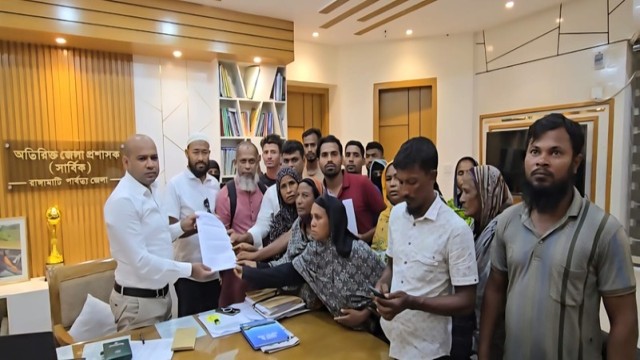
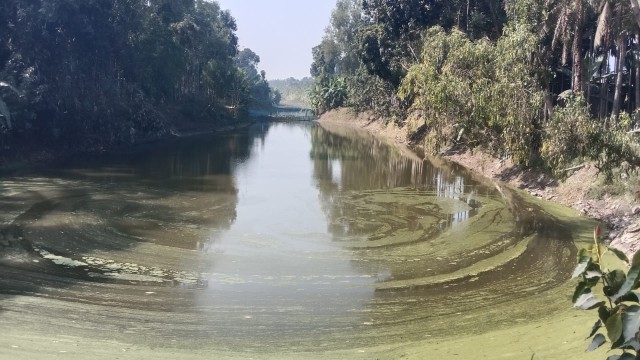
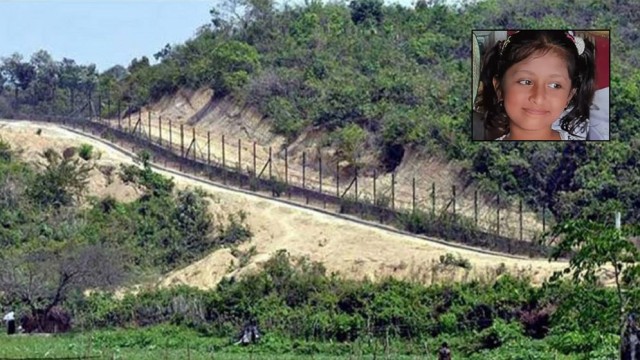
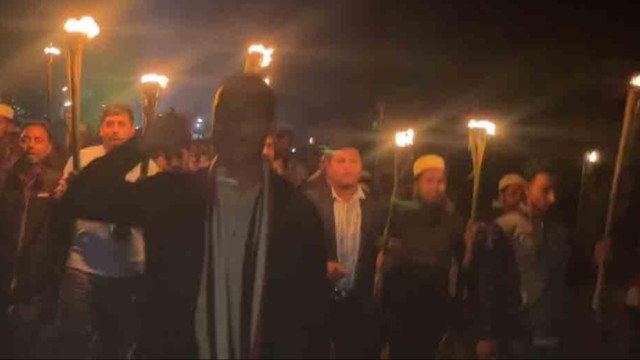
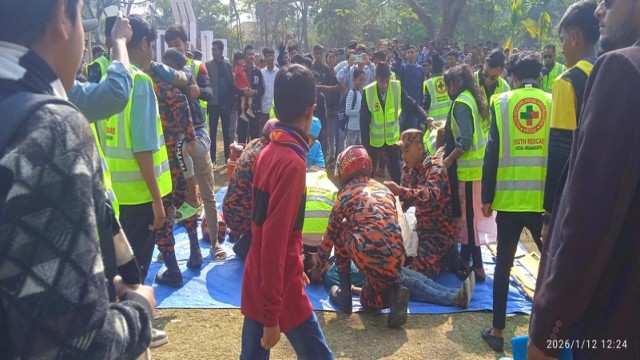
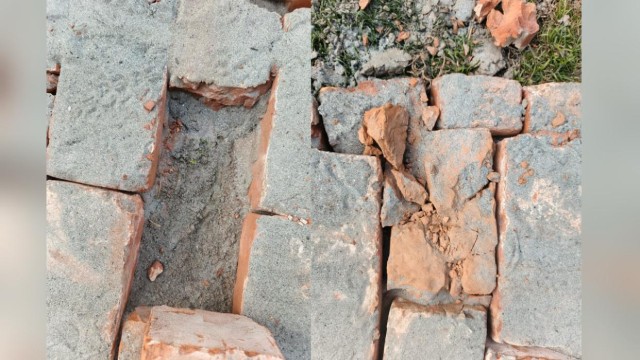
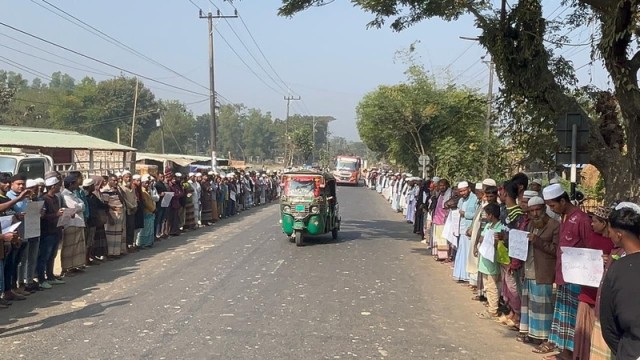
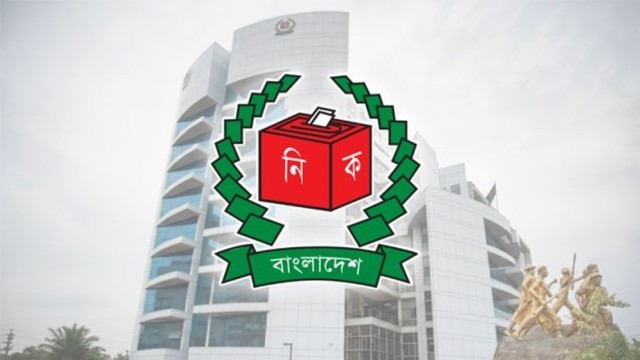
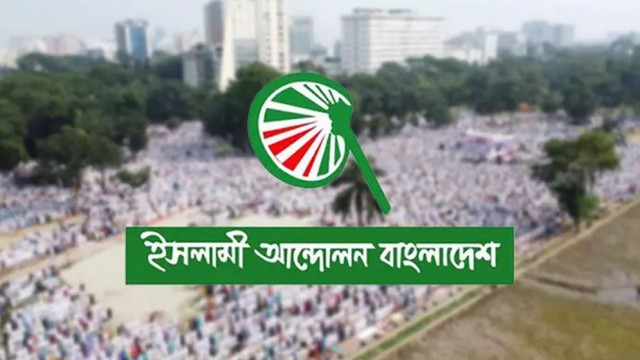
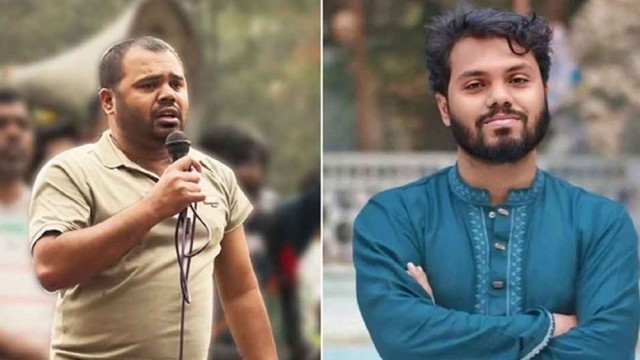
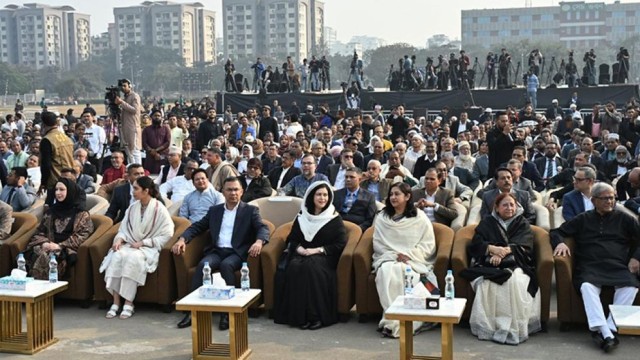

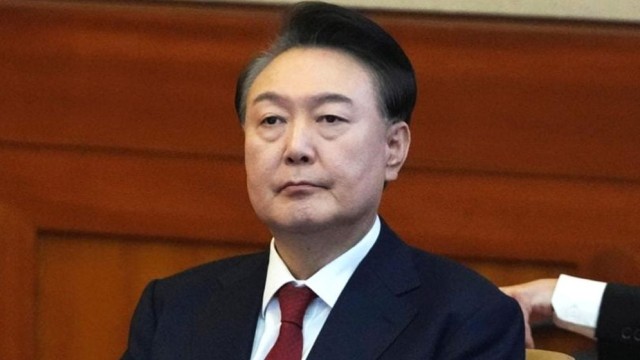


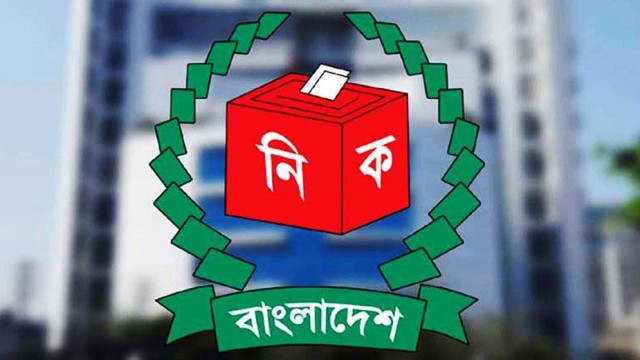



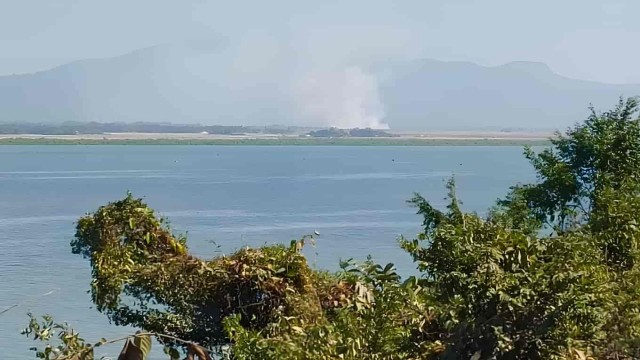
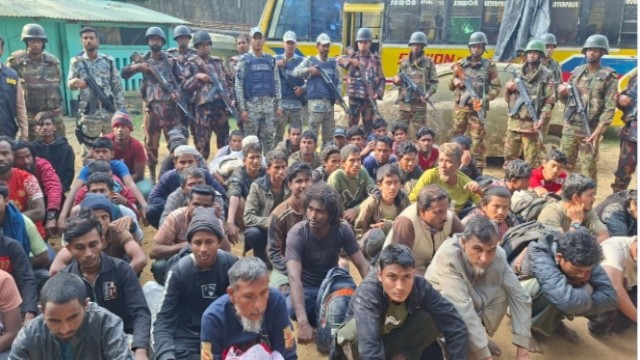
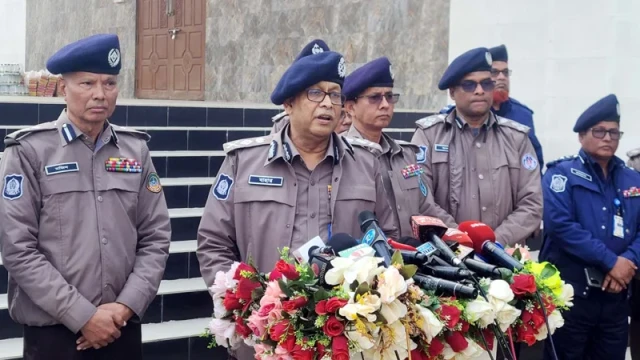
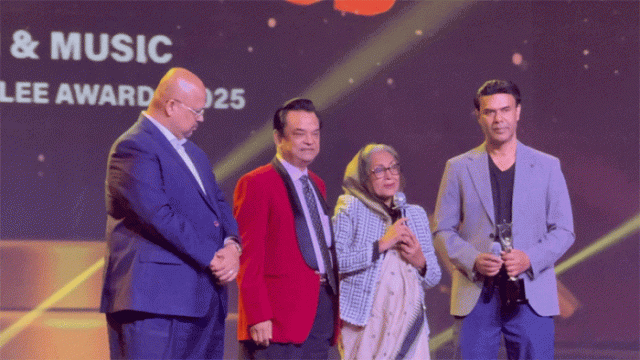
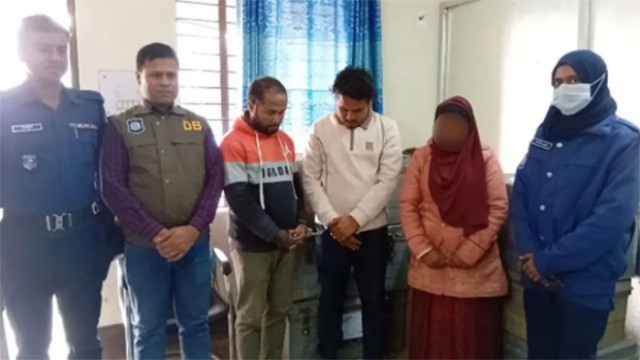
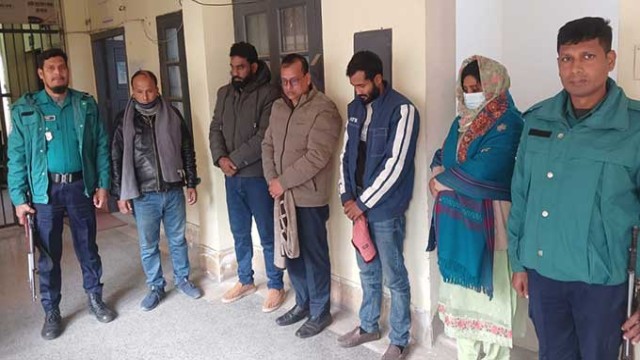
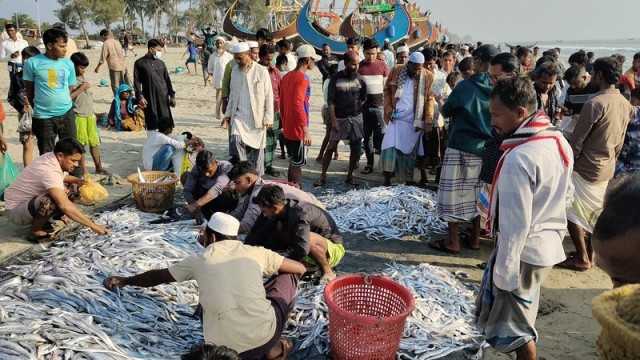
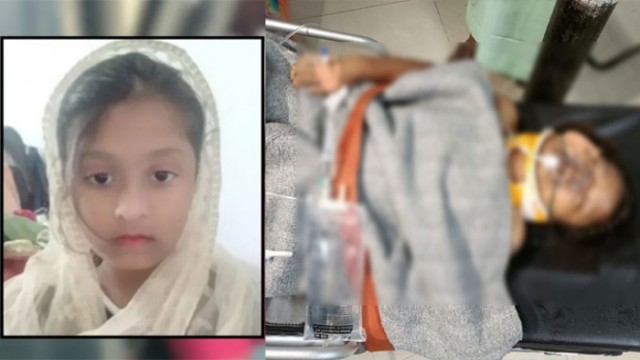
Comment: